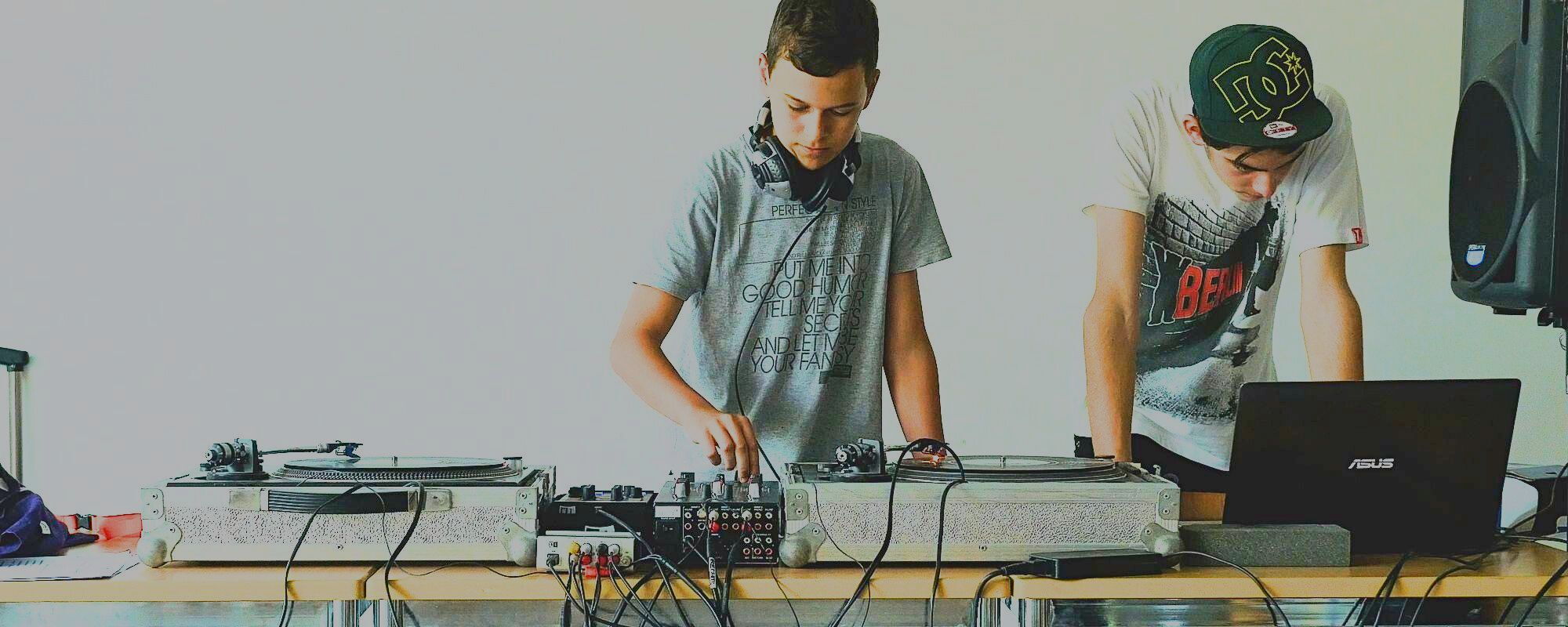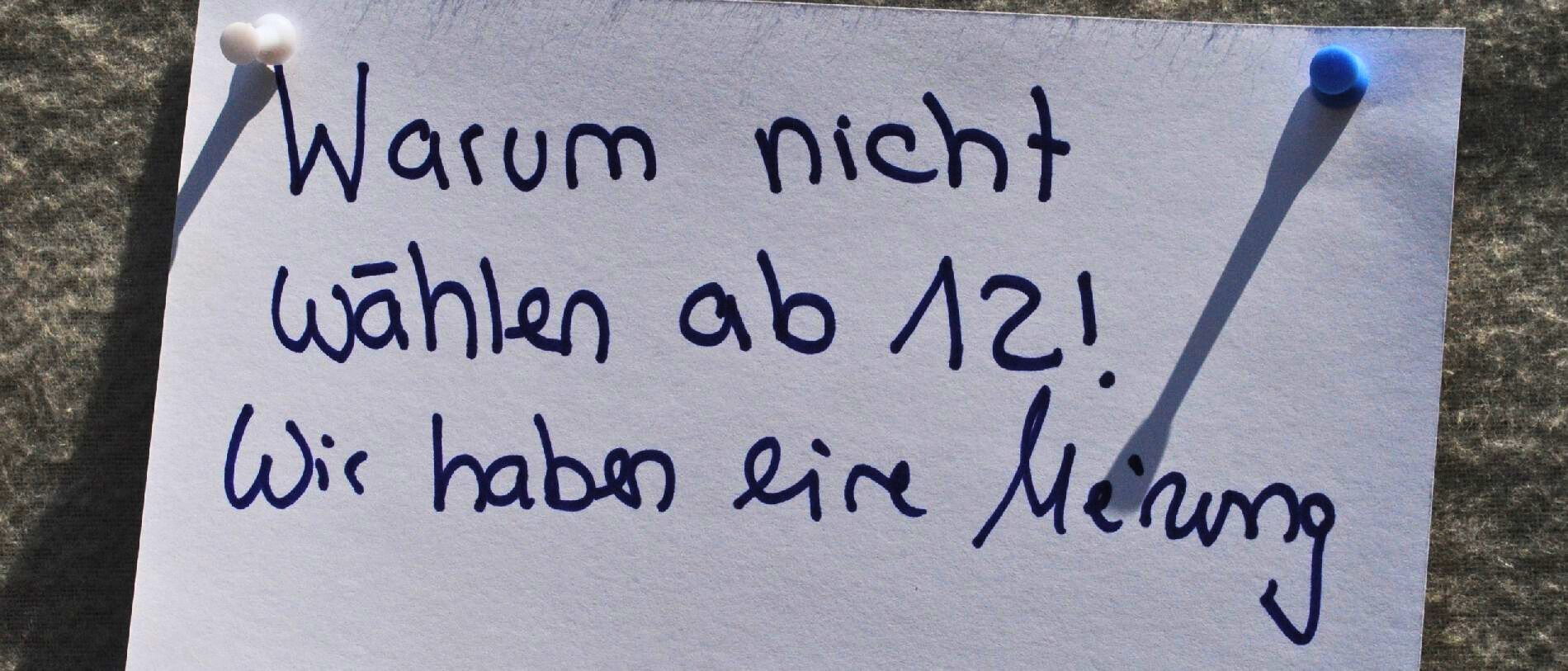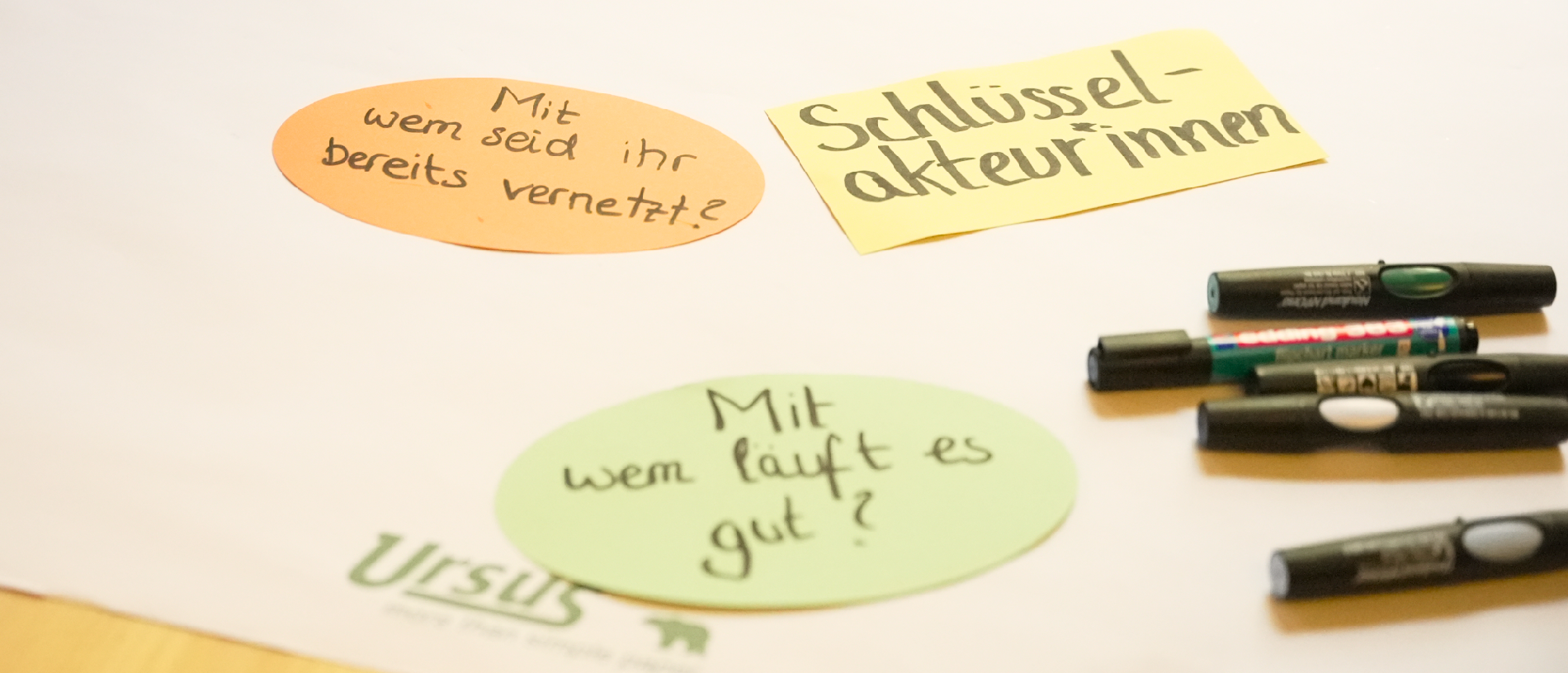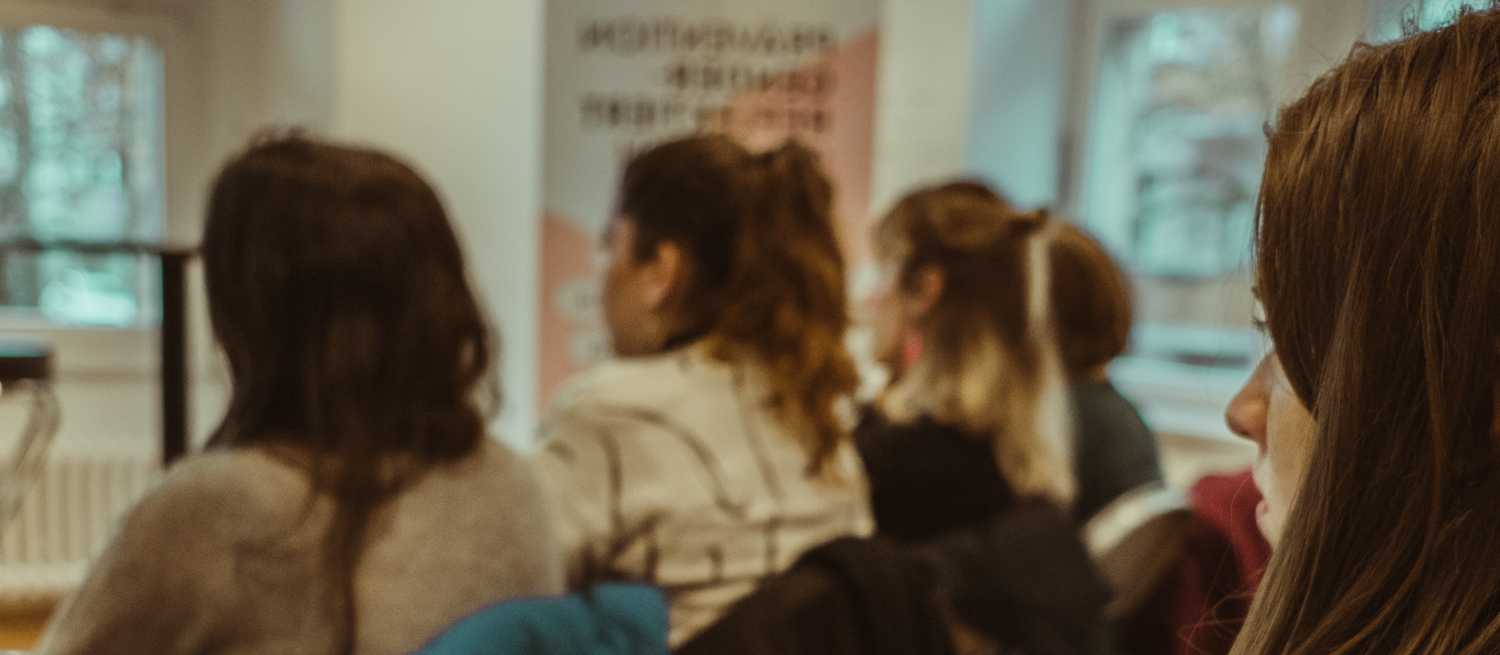Who we are
and what we do
Since 2005, we have been countering inhumane and anti-democratic attitudes and testing approaches to prevention and dissociation work - particularly in the area of right-wing extremism, but also in relation to Islam-based extremism, conspiracy narratives and other similar phenomena. In our direct work with young people, we value a critical and approachable attitude - and approaches that strengthen the potential of young people from different backgrounds. After all, group-based devaluations, prejudice and hatred cannot be overcome by arguments alone. We create spaces for positive identification, self-efficacy and solidarity and encourage reflection, confrontation with emotions, a willingness to engage in dialog and the development of constructive coping strategies. Our services are aimed at young people and young adults as well as educational professionals, particularly from schools, youth and community work throughout Germany.
Our topics
Right-wing extremism and the violence that emanates from it have long left their mark on German society. In recent years and decades, people have repeatedly been threatened or murdered because of their appearance, their religion, a supposedly foreign origin or their political opinion.
The very different organizations and actors grouped under the term “Islam-based extremism” share the idea of a single, true Islam. By reviving and keeping it pure, they also hope to increase the political power of the Islamic world.
Conspiracy narratives are usually presented speculatively and take verifiable evidence out of context or omit it altogether. According to these narratives, secret and powerful groups operate in secret in order to control social events to their advantage.
Young people's enthusiasm for youth culture scenes and forms of expression is often rooted in the emancipatory aspects of youth cultures. These allow young people to reinvent themselves and search for alternative concepts of life and society.
Although there are many reasons for radicalization, ideas about gender roles can play a prominent role in turning to right-wing extremism or Islamist extremism. This is because rigid gender and sexuality norms are central to both phenomena.
There are many overlaps between right-wing extremism and Islam-based extremism. It can therefore be useful to look at right-wing extremism and Islam-based extremism at the same time and to make the findings of right-wing extremism prevention fruitful for the prevention of Islam-based extremism.
Distancing work supports (young) people in distancing themselves from attitudes that are hostile to human rights and democracy, devalue certain social groups or contain so-called extremist views.
Intensive civic (youth) education provides an in-depth personal and authentic approach to politics and can thus promote emotional political intelligence and cultivate political affects and emotions.
Specialist offices
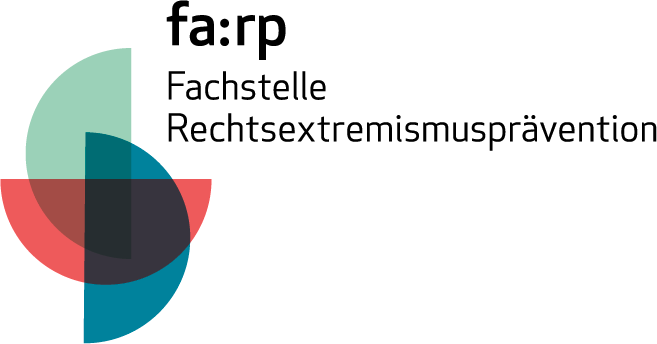
Prevention for right-wing extremism
fa:rp offers advice, further training and professional exchange on pedagogical approaches to dealing with group-hatred and anti-democratic attitudes. It also develops approaches for working with young people, including in outreach distancing work.
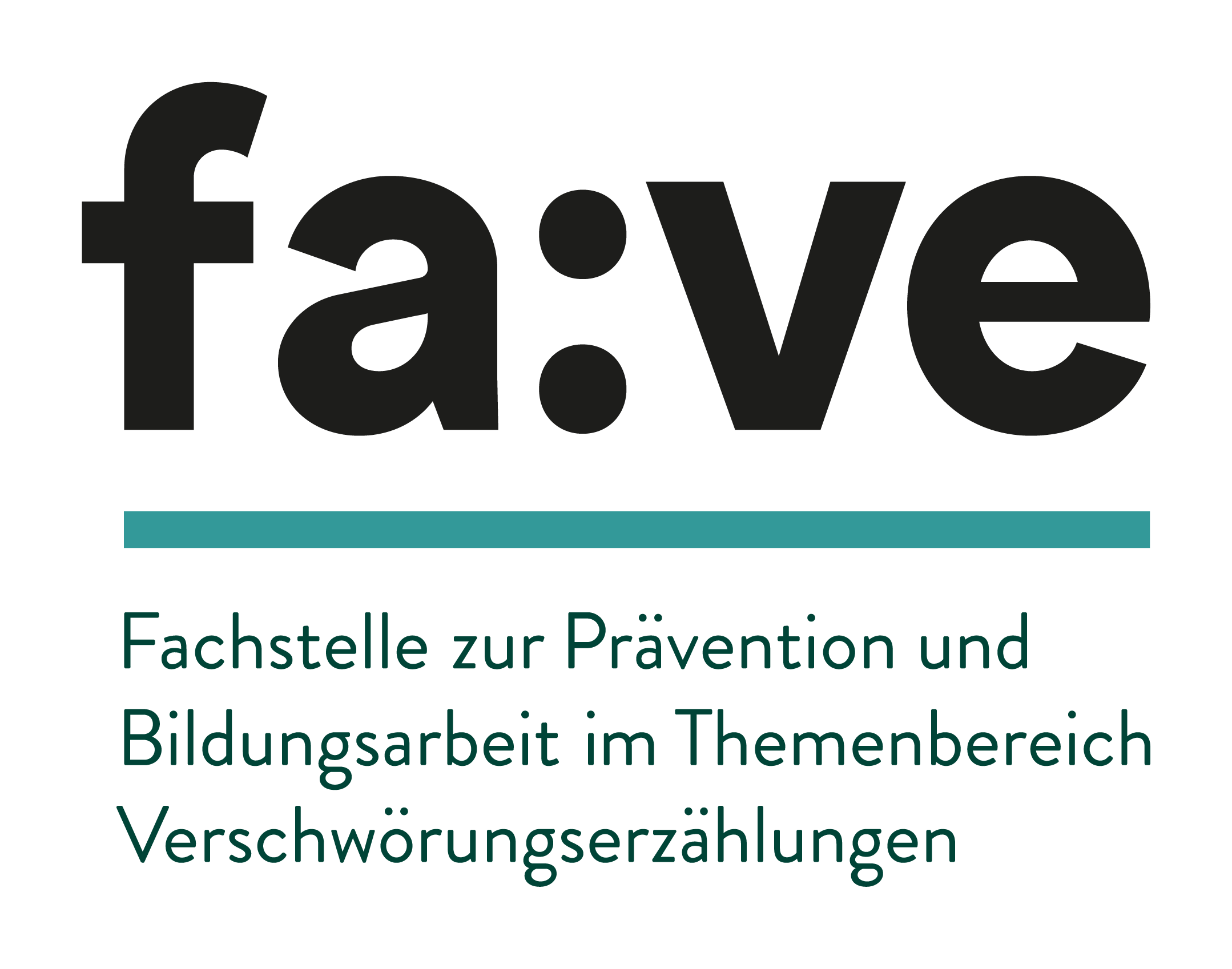
Conspiracy narratives
The office for prevention and educational work in the field of conspiracy narratives offers advice, workshops and further education on conspiracy narratives. It seeks to support those affected by conspiracy narratives in their personal or professional environment by providing advice on how to find a constructive way of dealing with conspiracy narratives.

Distancing work
The office for distancing work offers information, advice and support for educational measures to support processes of distancing and democratic personal development, as well as further training for educational professionals. Specialist events, themed working groups and training courses are held to pool expertise and transfer it to specialist practice.
Subscribe to our newsletter
In this newsletter, we regularly inform you about upcoming events, training courses and new publications and provide insights into our educational work. The newsletter is published in german.

